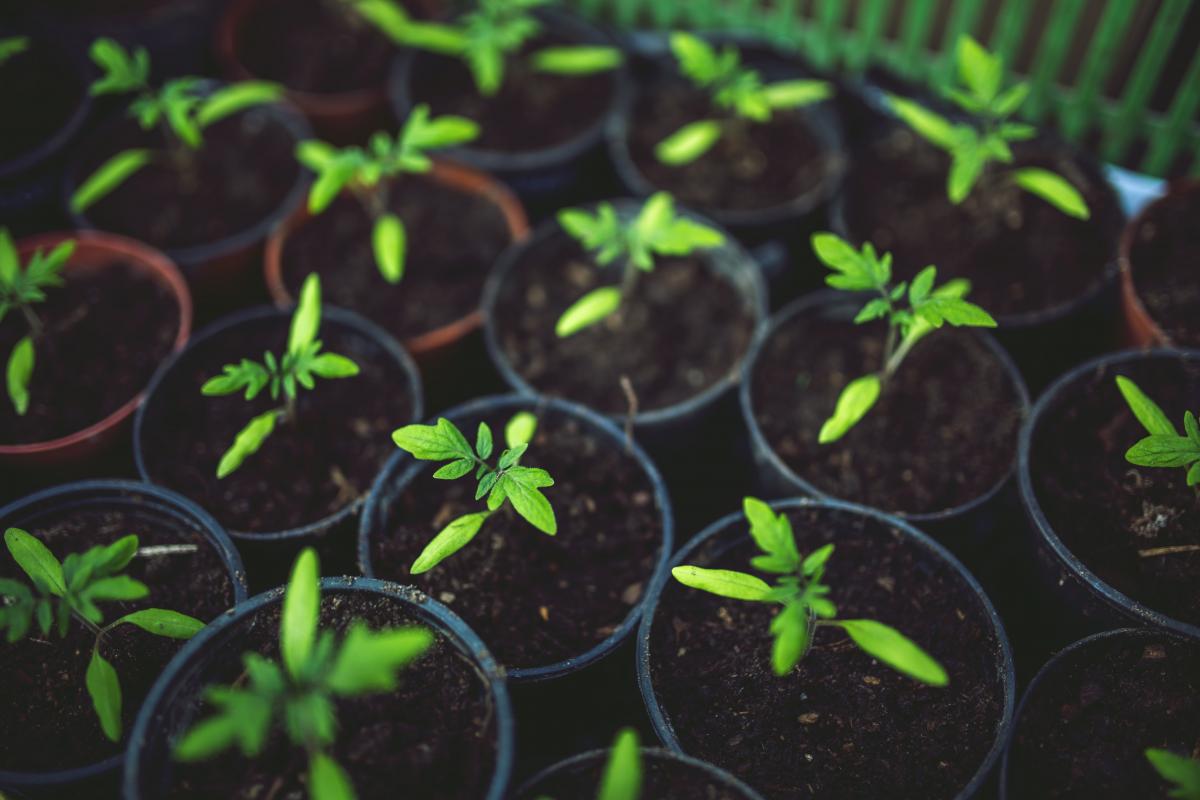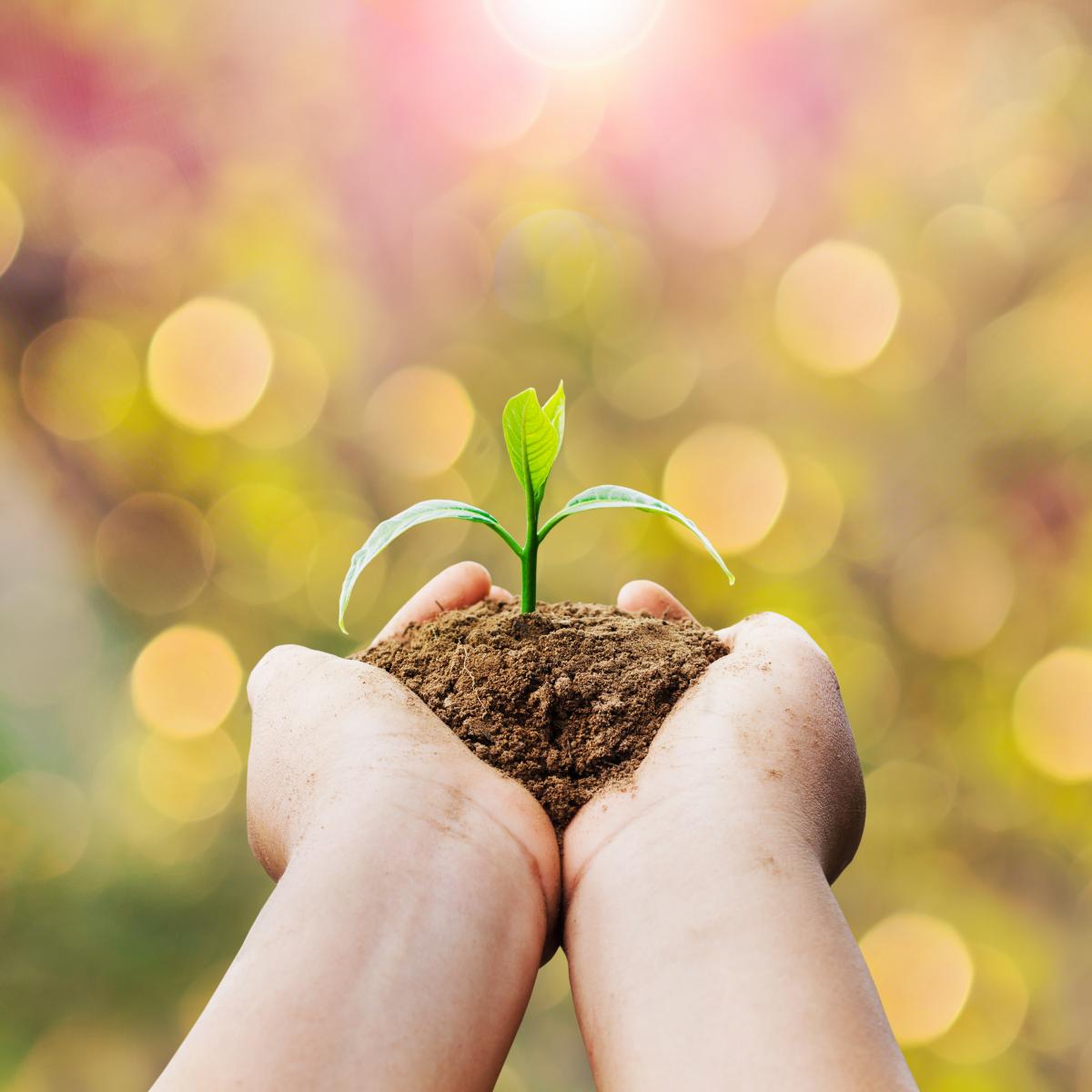Discover the many benefits, both personal and environmental, that come of growing your own vegetables. Freya Partridge discusses reasons for getting green fingered and how you can do this whether you have a garden or not.
Wrapped in copious amounts of plastic, transported long distances before reaching the chopping board, and grown using chemical pesticides. A large proportion of shop-bought fruit and vegetables are responsible for causing significant environmental damage, leaving us with an ethical dilemma to contend with whenever we go to the supermarket. One solution that arguably resolves each of these issues is to start growing our own food.
There are many reasons why tending a vegetable garden could bring both personal and environmental benefits. Although the success of such an endeavour in part depends on the amount of time you can commit to it, it’s hard to deny that the benefits of growing your own food make the hours spent planting, watering, and weeding worthwhile.
It would be remiss not to recognise the challenges associated with finding a space suitable for growing fruit and vegetables. Not all of us have access to a garden or local allotment, and this can seem like a hurdle too high to overcome. Luckily, it is possible to find plant species that do well in pots placed in windows or on balconies. If you dream of eating greens brought into existence by your own labour, lacking a garden doesn’t have to stop you from achieving this goal.
Detailed below are just some positives of nurturing your own fruit and vegetable plants.

Photo by Kaboompics .com from Pexels
Control over pesticide use
Although a recent change in European law means that a range of chemicals harmful to pollinators are no longer used on crops grown in these countries, scientists are worried that replacement pesticides are no safer for bee populations.
It is vital that continued action is taken to protect these insects, not least because global food production is dependent on bees pollinating crops. When growing your own fruit and vegetables, decisions regarding the use of pesticides are in your hands. It is possible to affordably grow organic produce without the use of harmful chemicals. To help bee populations further, you might decide to plant bee-friendly flowers in another part of your garden.
Creating your own vegetable patch puts you in control of the practices used to grow the food you eat, providing a great opportunity to effect positive environmental change.
Reduced carbon footprint
An additional environmental benefit of starting a vegetable garden is that it allows you to cook with vegetables that are grown as close to home as possible, whether that be in your back garden or at a community allotment. By reducing your consumption of food grown hundreds, if not thousands, or miles away, your carbon footprint will decrease.
In order to provide customers with a wide and varied range of produce, supermarkets often bring in fruit and vegetables that originate from either a distant part of the country or a different country altogether. Although this certainly has its benefits, allowing us to cook meals with ingredients that might not otherwise be available to us, the energy required to transport these goods contributes significantly to climate change. After harvesting your own vegetables, they need only be carried from garden to kitchen.
No need for plastic
In many places, it can be difficult to find produce that isn’t wrapped in plastic, particularly if you are also looking to buy organic. Although supermarkets are increasingly making efforts to reduce their use of plastic, the need to keep fruit and vegetables fresh – particularly when they must be transported across the globe – means that these businesses face difficulties in eradicating such packaging from their shelves.
Produce grown in your back garden or local allotment is the definition of fresh. With no need for it to be tightly packaged for transit, home grown produce causes no increase in plastic waste.
Other environmental benefits that come from tending your own vegetable garden include reduced food waste. Rather than sending your vegetable cuttings to landfill, why not start composting? You’ll be able to make use of this compost to improve the quality of your plants, creating a circular system that reduces the amount of day to day waste you produce.
Improved mental health and wellbeing
Growing your own fruit and vegetables might take some time out of your day, but it is certainly time well spent. Gardening is a great way to combat stress and anxiety, with fresh air and exercise being widely recommended to people suffering with mental health. The various tasks involved in producing greens for your kitchen table, from planting seeds to harvesting vegetables, are sure to increase your daily activity.
A great sense of accomplishment can also be found in successfully nurturing a plant from its beginnings as a seedling up to its growth of vegetables ripe for picking. If you’re lucky, you might end up with enough food to share with your friends, family and local community, helping to spread a love of home grown produce.

Choosing to grow your own food might seem like a daunting prospect, but there is lots of information available about the easiest plants to grow and how best to start. Creating a vegetable garden is a great opportunity to have a positive impact on your own health as well as that of animals, while reducing the negative impact that food production can have on the environment. Learning more about the foods you eat every day might unlock a whole new area of personal interest, and possibly inspire a lifelong hobby.
If growing plants outdoors simply isn’t an option for you – it’s often the case that allotment waiting lists are many years long – it is possible to keep some plant species inside your home. Those with a balcony space might choose to get hold of some pots and start small – there is certainly no requirement to start by planting every tomato variety under the sun.
If you are struggling to find a suitable green space but remain determined to start growing your own fruit and vegetables, why not raise the issue of allotment shortages with your local council? There is no such thing as too many community vegetable gardens.
By Freya Partridge
The views expressed by our bloggers are not necessarily the views of The Vegan Society.

